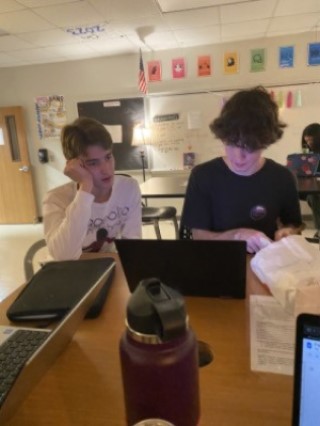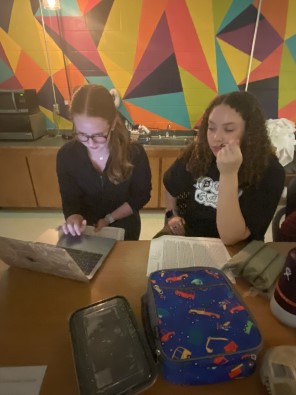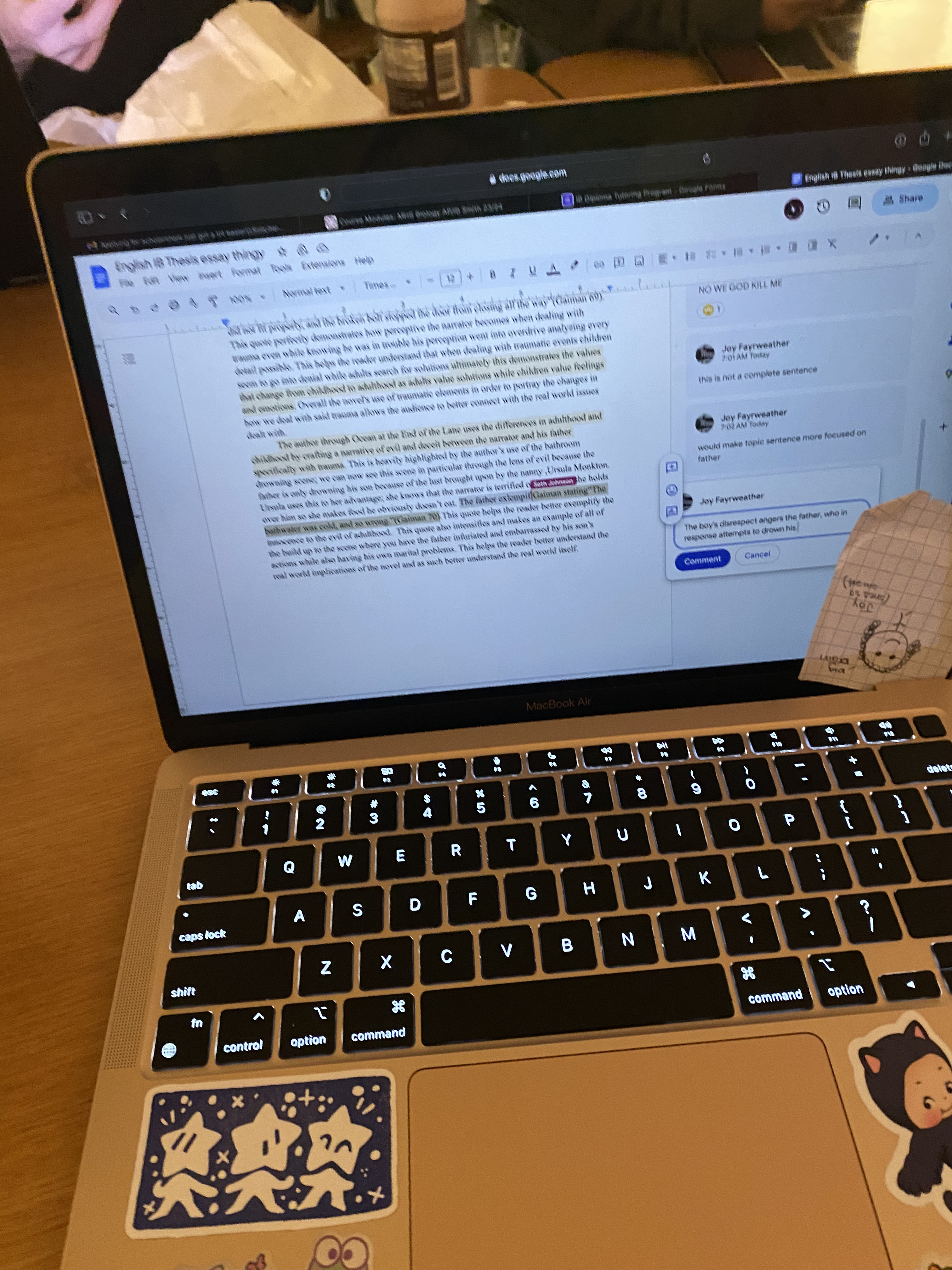Obstacles
The primary problem with the tutoring program is finding people to tutor regularly. My partner and I planned to distribute flyers with information regarding the tutoring program to all the IB classes around the school. An additional problem was the lack of tutors. Although my partner and I had the primary classes covered, we did not have tutors for classes like chemistry, so we asked other senior students to help us in the event we had someone who wanted tutoring in chemistry. As a result, working collaberatively was essential to fill the program with tutors, and attempt to secure more students.
Despite these challenges being solved, we still did not have a lot of people that wanted to be tutored. As a result, the tutoring program was dry; only around 3-5 students would fill anything out every few weeks, and they were almost exclusively about English essays.


